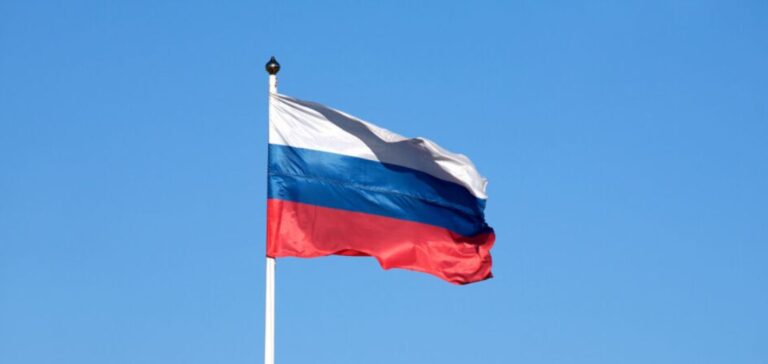In a strategic move, the Russian government has announced a temporary abolition of customs duties on thermal coal and anthracite exports, effective from May 1 to August 31, 2024. This initiative is designed to stimulate exports in a context where Russia faces significant challenges due to the imposition of international sanctions and the presence of competitors offering cheaper alternatives.
Lower imports from major consumers
The five main consumers of Russian thermal coal, with the exception of Taiwan, have reduced their imports, not only because of the sanctions but also because of the availability of more affordable alternative sources. China, in particular, which is the biggest export market for Russian thermal coal, saw its imports fall by 12.8 million tonnes in the first four months of 2024, compared with 14 million tonnes in the same period of 2023.
Impact of tariffs and trade agreements
China has reintroduced tariffs on imports, which have also had an impact on the purchase of Russian equipment, since there is no free-trade agreement between the two countries. Turkey and South Korea also saw a drop in Russian coal imports, reflecting an increasingly competitive and restricted market for Russian exporters.
Eliminating customs duties as a lever
This decision could reinvigorate Russian suppliers, who have been losing market share to suppliers from South Africa, Australia and Colombia. Market sources suggest that Russian thermal coal prices are set to fall, which could reinvigorate exports, especially to traditional but currently under-exploited markets due to high costs.
Strategy and market reactions
Market players are paying close attention to this development, predicting that Russian exports could be boosted if payment issues between buyers and sellers are resolved. This would have a major impact in the high-calorific coal sector, perhaps encouraging Indian buyers to return to Russian suppliers, which could influence South African and Colombian coal prices.
Consequences for producers in western Russia
The reduction in export duties could also bring welcome relief to Russian producers in the western part of the country, who mainly serve markets in Europe, the Middle East and North Africa, as well as India. High rail, freight and port costs have impacted vendor margins, making it difficult to supply equipment at a desirable price for Indian buyers.
Benefits for producers in the Russian Far East
Producers in the Russian Far East benefited from relatively lower freight rates, as they mainly deal with buyers in China, South Korea, Japan and Taiwan. These growers have not encountered the difficulties their western counterparts have, offering margins of $0 to $5 per tonne, with some even operating at negative margins.
The temporary removal of customs duties on Russian thermal coal is a targeted strategy to stimulate demand and improve producer margins, particularly in a context of increased international pressure and intense global competition. This policy could reshape coal market dynamics by attracting buyers eager to take advantage of lower prices, while helping Russia maintain its presence in the global coal market.






















